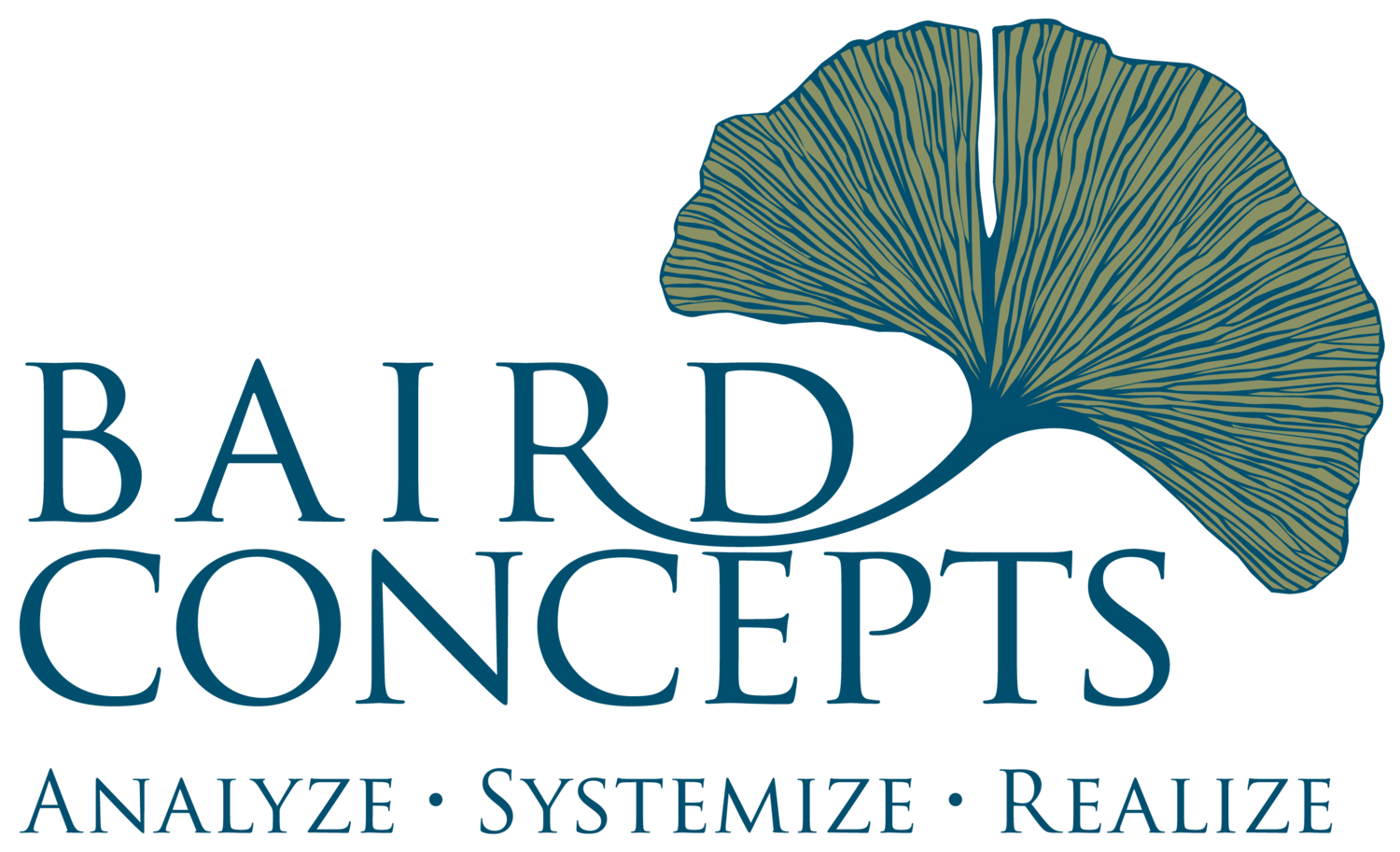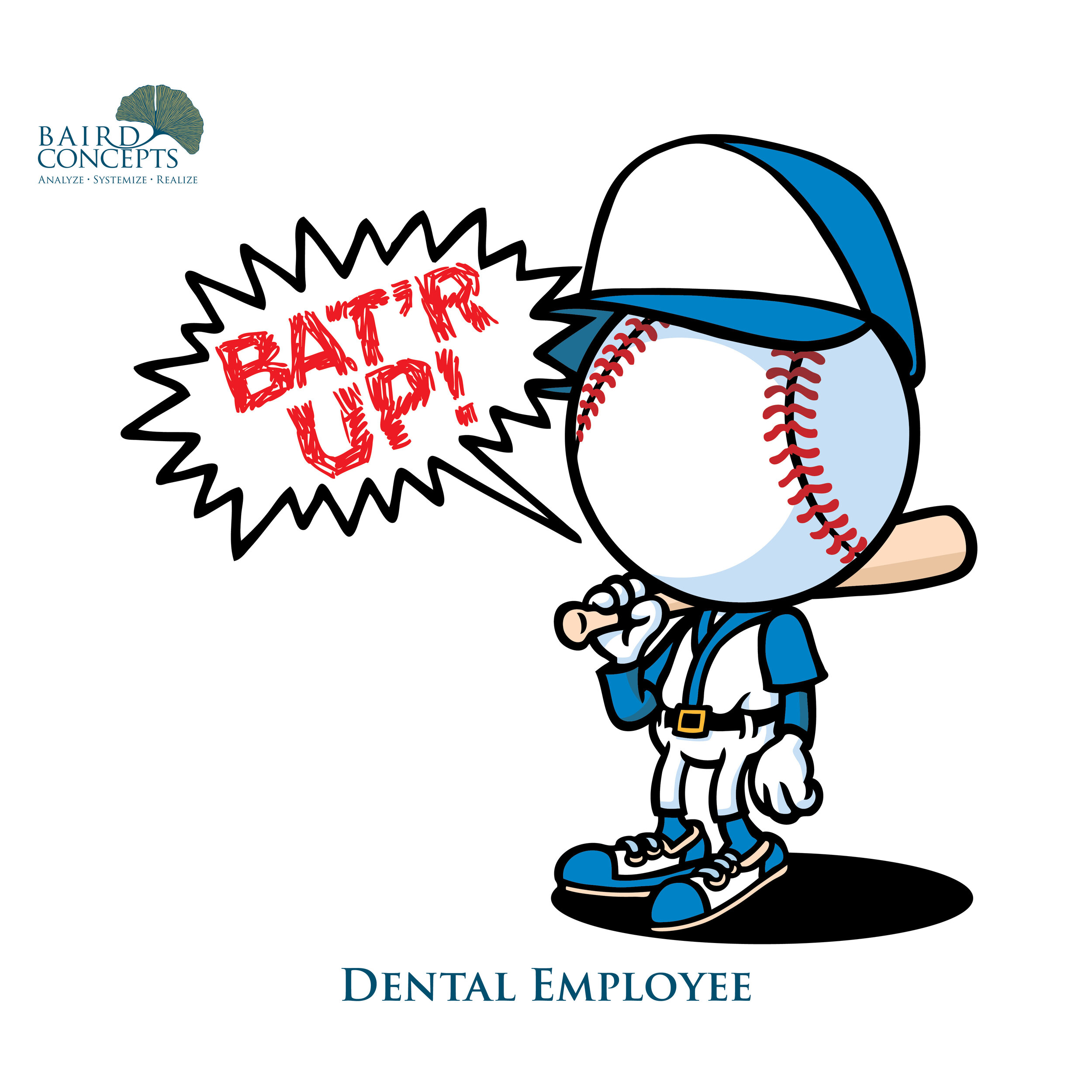Dental Leadership Baseball: First Base - Is Your Team Out or Safe?
LOOK AT THAT! YOUR TEAM HAS MADE A SOLID HIT INTO THE INFIELD! Quite a bit different than that first out, which was a painful and necessary reminder of what you and your team needed to do and know to win this game. Thanks to the help of one of your assistant coaches and your new leadership skills, your employees are beginning to perform like real team players. Look at the results - your team member is SAFE!!! You made it to first base! Your team is now on the way to scoring a home run which means a patient is gaining trust, respect, and loyalty for you and your practice.
Wondering what is going on? If so, let me help you catch up: you and your team are playing Dental Leadership Baseball. It is based on a new team structure that has produced win after win in industries around the world and it is called Self-Directed or Self-Managed Teams. It is the perfect structure for a dental practice, because, in your game, the dentist is not only the leader and the owner, but also the highest scorer on the team. A dentist not only has to manage, lead, and coach, but also play the game in their league. (To catch-up on the rules, requirements, scoring, and other details of the game, visit earlier blogs in my Dental Leadership series.)
In this Dental Leadership Baseball game, the pitchers are your patients and your employees are up to bat trying to make it to home plate to chalk up runs for your practice. You are the owner and head coach and have assistant coaches on the field and behind the scenes helping you and your team win the league series. Running to first base is when your employees start transforming into team members through the implementation of leadership tools, best practices, and patient-oriented operating systems discussed in earlier blogs. Now, second base is looming ahead. The current question is: what leadership skills and tools are needed for your team to arrive safely on second base?
SECOND BASE
Second base is referred to as the Communication and Information Base. For your team members to make beneficial decisions, operate as a smooth, efficient, high-performing machine, and exceed your patients’ high expectations they must understand exactly what roles you, the other team-players, and technology are playing. They must understand all the pieces of the puzzle and how they fit together in order to be successful in this highly competitive game.
For team, league, and play information to be shared and understood there must be dedicated full team time together both in and out of the office. This means regularly scheduled, agenda-driven team meetings where everyone can safely share, brainstorm, discuss, solve, troubleshoot, and plan improvements. These team meetings are when team statistics and replays are analyzed for improvements in strategies and systems. Most importantly, team members more fully understand their leader's expectations, decision processes, and goals that help them make better decisions when dealing with your business and patients. These meeting requirements are best satisfied by implementing systemic Morning Huddles, Monthly or Weekly team meetings, and Annual Retreats. The larger your team, the more often your team needs to meet. Each meeting needs to be scheduled far into the future and included in all job descriptions as an attendance requirement for each employee.
Dental offices are notorious for what I like to call trickle-down communication. This is where one person makes a decision, reorganizes something, purchases something new, learns a different way to do something, and then tells another team member about their change. They assume the information will be communicated to everyone else on the team. Well, sometimes it is and sometimes it isn’t. When it is communicated, it is usually distorted in some form or fashion. It is very much like the game of Gossip we all played as kids where the leader told the first person in line, they told the next, and so on. When the message is repeated by the last person in line, it is insanely hilarious because it is so far removed from the original message. This is a common problem in dental offices, which is why all team members must be present in regularly scheduled team meetings to discuss issues, attain efficiencies and create lasting patient relationships. Each member needs to hear the original message and not one distorted through the game of Gossip.
Without regular meetings, true teamwork is impossible. Oh, your team members may think and say, “we have great teamwork.” The truth is, however, that no person knows how to support others unless they discuss how, when, where to assist, and what type of help is needed when all the parts are moving full speed. Everyone must be able to voice their input because in a dental practice, everything is connected. What happens in the front office affects the clinical area and what happens in the clinical area affects the front desk. Think about it, what sports team have you ever seen win a game that doesn’t have game day huddles, systematic regular practices (team meetings), training camps (annual retreats), game replays, and time-outs? I bet your answer is, none.
Put these second base leadership actions into play and you will hear the second base ump call “SAFE” as your team player hits the bag. That means a chance at third base and then home plate. Be sure to subscribe to Spark Concepts to find out what it takes to get your team players to third base in our game of Dental Leadership Baseball!


